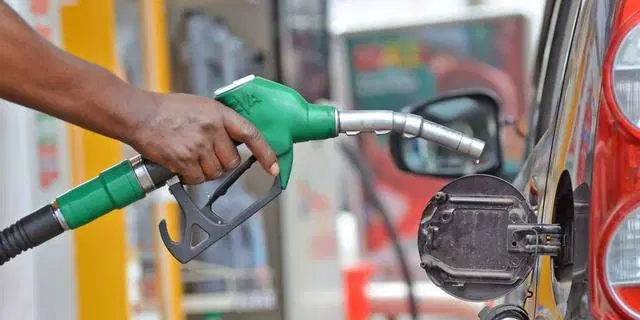About half of the existing 256 petroleum product depots are currently in operation, the Nigerian Midstream and Downstream Petroleum Regulatory Authority (NMDPRA) has said.
Authority Chief Executive (ACE), Engr Farouk Ahmed who disclosed this in his office in Abuja, also explained that the removal of the petrol subsidy has led to increased competition in the gas market, benefiting the nation as companies strive to gain market share.
He added: “Regarding gas distribution and product depots, there are approximately 256 product depots, but only slightly over 50% of them are currently operational.”
On the effects of volatility in the global oil market is having on the Nigerian economy, the NMDPRA boss said: “The global oil market, and indeed the global economy, has experienced volatility due to the new American government’s policy of tariffs, which are not only targeted at China but also countries worldwide. The most concerning aspect of the market is the inconsistencies in President Trump’s pronouncements, leaving investors and traders in the oil and gas industry uncertain about the future.
“Of course, in terms of product pricing, consumers of crude oil derivatives are delighted because the price is decreasing. However, when we consider the nation as a whole, this is detrimental to our economy because our revenue inflow is negatively impacted.
We must not forget that revenue inflow into the country was compounded by the issues of vandalism, illegal bunkering, and low production.”
While explaining the relationship between the NMDPRA, NUPRC and the Nigerian National Petroleum Corporation Limited (NNPCL), Engr Ahmed clarified that both the NUPRC and NMDPRA supervise and regulate the activities of the NNPCL.
His words: “Who we are? There’s a lot of misunderstanding about the relationship between NNPCL, NMDPRA, and NUPRC. Many people believe that NMDPRA and NUPRC are under NNPCL. However, NNPC is a commercial arm of the government, while NUPRC is the technical and commercial regulator of upstream operations, and NMDPRA is the technical and commercial regulator of the mid and downstream sectors. Therefore, we have no common ground with NNPCL except that we regulate the upstream, midstream, and downstream operations of NNPCL.
“NMDPRA regulates the mid and downstream sectors, which include refineries, gas processing plants, petrochemicals, LNG, floating LNG, CNG, LPG, lubricant plants, processing plants, pipelines, barges that transport petroleum products, imports of petroleum products, product depots, trucks that move products, industries that distribute petroleum products, and retail outlets. In essence, NMDPRA oversees a value chain.”
The NMDPRA chief hinted that the Authority is moving aggressively to deepen gas utilisation as an alternate source of energy through institutional reforms as demanded by the Petroleum Industry Act (PIA).
“The NMDPRA oversees two main sections related to gas: the midstream and the downstream. The midstream encompasses the gas sector that the agency regulates, while the downstream focuses on the liquid side, including crude oil and its derivatives. Additionally, the agency plays a crucial role in enhancing access to primary energy fuels through an efficient transportation network and overseeing the pipeline network.
“The NMDPRA operates a network of pipelines that transport gas. In the past, the Nigerian National Petroleum Corporation Limited (NNPCL) managed a pipeline network spanning over 5,002 kilometres, connecting all the depots.”



